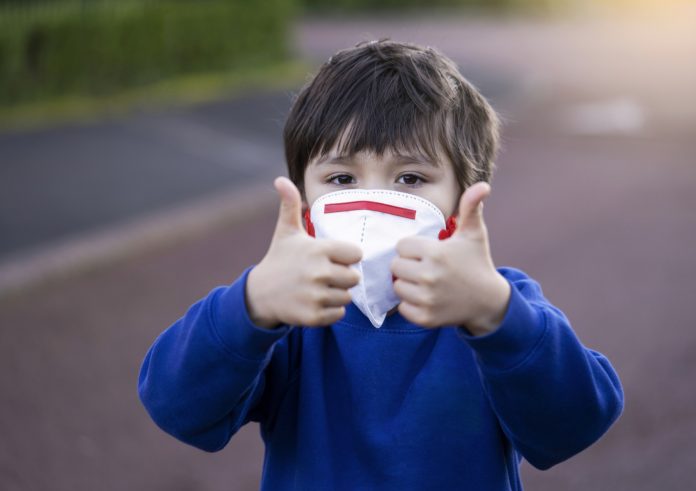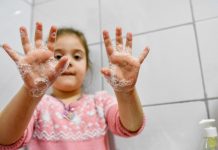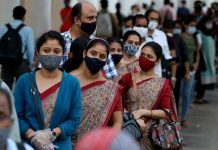A recent Australian study gives an insight into the reason for mild COVID in kids and how kids’ immune systems respond to infection with SARS-CoV-2, which causes COVID-19. This study also explains how kids’ immune systems work if they are exposed to COVID-19.
The study compares children and adults with mild COVID-19. Children are less likely to be infected than adults. Even if they’re infected, they are more likely to be asymptomatic. The immune systems of adults and children are different.
The research includes 48 kids from primary schools during Melbourne’s second wave. These children were exposed to COVID-19 from their infected parents. This study mainly focuses on the innate or natural immune response in children. The innate or natural immune system plays an essential role in protecting the children from viruses before the body raises antibodies. At the end of the study, the researchers found powerful changes in kids’ early immune responses compared with COVID-19 infected adults.
A type of white blood cell called “neutrophils” guards the body against infections. These white blood cells are found in larger numbers in children, and they even have the ability to trap and kill the invading COVID-19. Neutrophils ensure the virus is not able to infect more cells and decreases the amount of virus in your body. Some kids in the study were exposed to COVID-19 because their early immune responses kept the viral load low.
How Do Kids Show Such Strong Immune Responses?
The kids show such strong immune responses, which result in few or no symptoms, while the family is affected by COVID-19 is mainly because of their early responses to the immune system.
A theory says children have fewer of the receptors called “ACE2”. ACE2 is a protein on the surface of many cells, and it is an entry receptor for SARS-CoV-2, which is responsible for COVID-19. It acts as the pathway for the virus into our cells. In simple words, fewer ACE2 receptors mean less chance for the virus to contact our cells. Less ACE2 receptors give more time for the innate immune cell to control the virus.
Interferons are a group of signaling proteins made and released by the host cells. It alerts the immune system to viral infection. Researchers say a higher level of interferons during the early stage of infection plays a significant role in controlling Coronavirus. It also promotes the increased neutrophils seen in children than adults.
Usually, kids are more prone to getting sick with respiratory illness than adults. But in COVID-19, it’s just the opposite. COVID-19 symptoms differ from person to person. Some get a runny nose where others get a cough.































